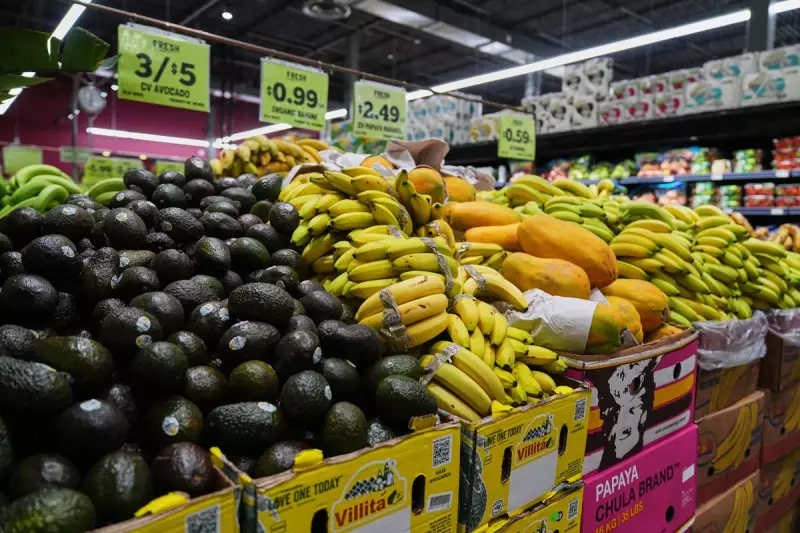
In a significant blow to San Francisco's struggling downtown core, Snap Inc. has permanently shuttered its flagship office in the city's South of Market district. The parent company of popular social media platform Snapchat has confirmed the closure of its 49,000 square foot office space at 140 New Montgomery Street.
The move comes as part of Snap's broader real estate consolidation strategy, with the company opting not to renew its lease on the prominent six-floor space. This decision reflects the ongoing transformation of workplace dynamics across the technology sector, where remote and hybrid work models continue to reshape traditional office culture.
Another Tech Departure for San Francisco
Snap's exit adds to growing concerns about San Francisco's commercial real estate market and downtown revitalisation efforts. The city has faced numerous challenges in recent years, with several major technology companies either reducing their physical presence or relocating entirely.
The closure affects approximately 230 employees based in the Bay Area, though Snap has emphasised that most team members had already been working remotely. Affected staff have been offered relocation opportunities to other Snap offices, primarily in nearby locations.
Broader Industry Trend
This development aligns with a wider pattern emerging across the technology industry. Many companies are reevaluating their real estate portfolios in response to changing work patterns accelerated by the pandemic.
Snap's decision follows similar moves by other major tech firms that have either downsized their San Francisco footprint or implemented more flexible work arrangements. The shift represents a fundamental rethinking of the role physical offices play in modern corporate culture.
Commercial real estate experts warn that Snap's departure could have ripple effects throughout the city's economy, impacting local businesses that relied on office workers and further challenging San Francisco's recovery narrative.





